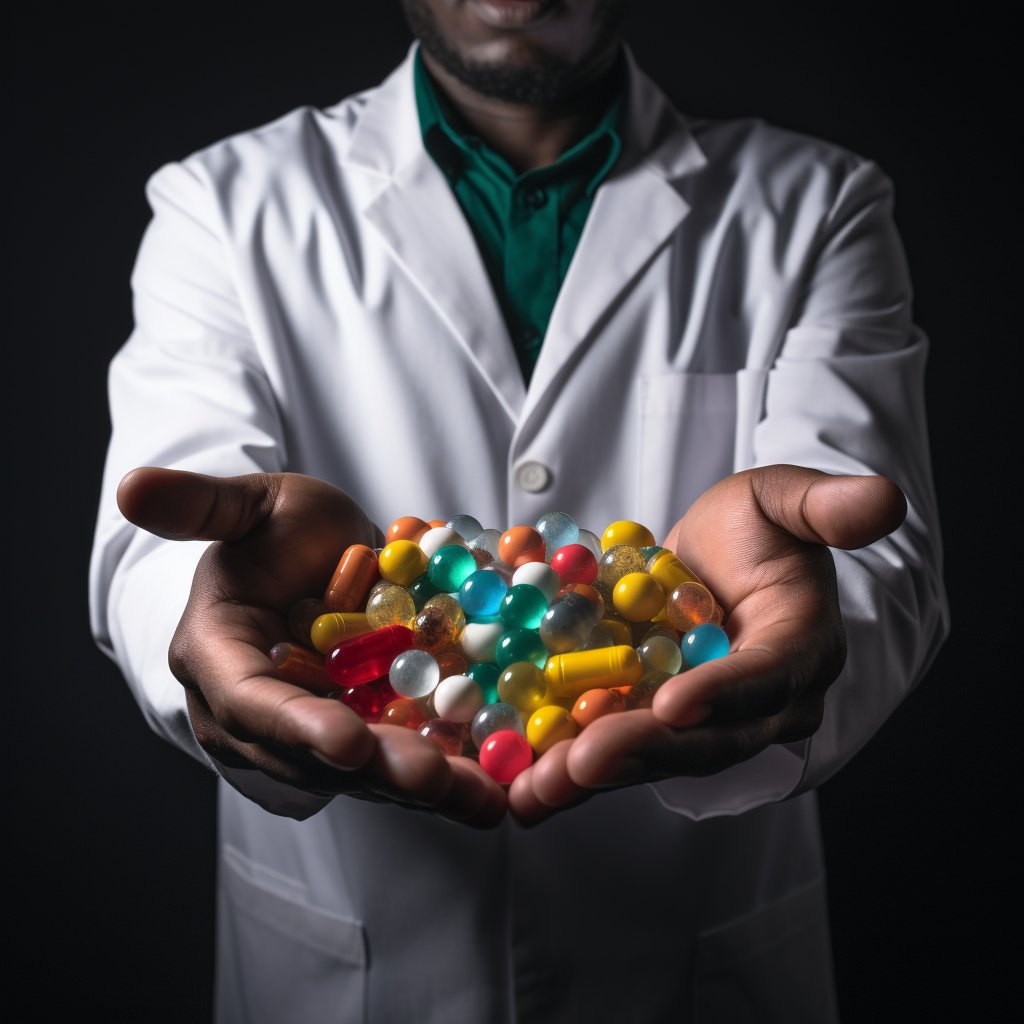Picture: for illustration purposes
Big Pharma's Exploitation of South Africa: A Call for Global South's Pharmaceutical Independence
A recent revelation of South Africa's secret COVID-19 vaccine supply contracts with Johnson & Johnson, Pfizer, Gavi, and the Serum Institute of India has led to a public outcry, elevating the call for pharmaceutical independence among developing nations.
These contracts, released after a Supreme Court ruling, confirmed suspicions that financial gain, rather than controlling the pandemic, was Big Pharma's priority when selling COVID-19 vaccines to Global South countries. The Health Justice Initiative's analysis of the contracts showed disturbing inequalities, with marked price discrepancies. J&J charged South Africa 15% more per vaccine dose than the EU; Pfizer-BioNTech nearly 33% more than the African Union; and the Serum Institute of India sold doses to South Africa at more than double the EU's price.
This exploitative pricing strategy is not new: Big Pharma has long pressured nations across the Global South to buy essential medicines and vaccines at extortionate prices. This revelation serves as a wakeup call for these countries, emphasizing the need to invest in pharmaceutical research and development, build reliable supply chains, and expand their manufacturing capabilities to escape Big Pharma's clutches.
South Africa, for example, could leverage Biovac, a part state-owned vaccine manufacturer eager to contribute to the country's journey towards pharmaceutical sovereignty. Governments of the Global South should support such initiatives to achieve pharmaceutical localization, which has long-term advantages, instead of seeking cheaper short-term alternatives from overseas manufacturers.
Biovac's CEO, Morena Makhoana, emphasizes the importance of Africa becoming self-sufficient, relying on local manufacturers rather than banking on suppliers abroad who may decide to restrict exports in times of crisis. Though pharmaceutical independence would not come overnight, local manufacturing efforts could start moving countries towards freedom from Big Pharma's predatory practices.










